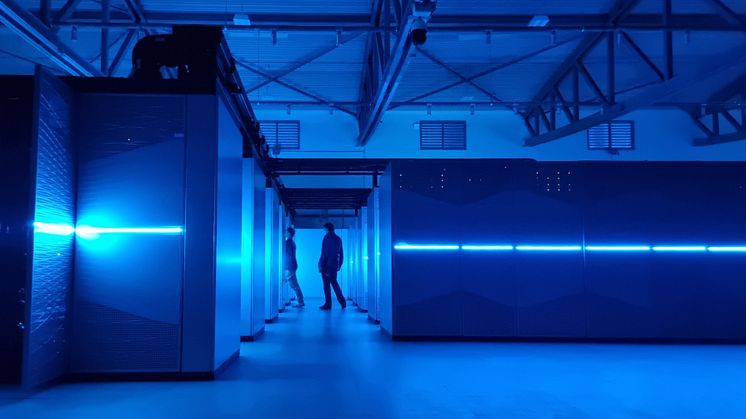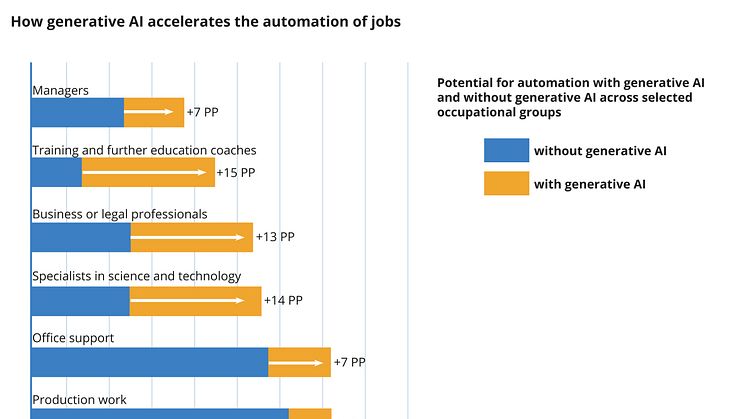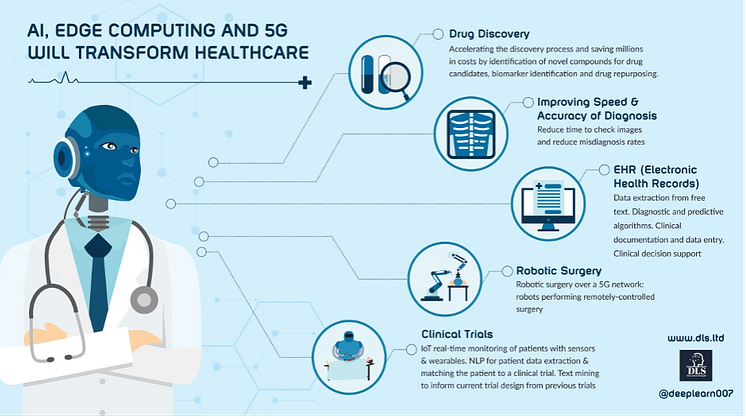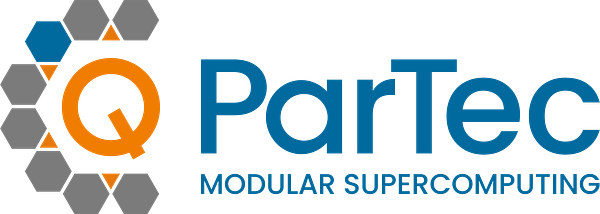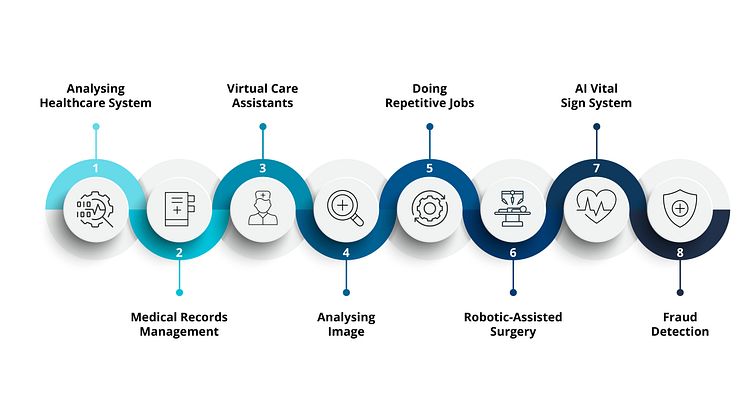
Blog post -
Tech know-how to go: How Generative AI revolutionizes public health sector with promising productivity gains
While generative AI has made significant strides in various industries, the healthcare sector has been slower to embrace this transformative technology.
Recent analyses by McKinsey & Company suggest that the impact of Gen AI on productivity could be especially profound in the healthcare sector, potentially surpassing its effects in other industries. Projections indicate a significant productivity lift of 15 to 40 percent for healthcare workers globally.
Moreover, the pharmaceutical and medical-product industries anticipate substantial gains, with projected productivity increases of 3 to 5 percent, equating to $60 billion to $110 billion globally.
At the forefront of this transformation are Gen AI-powered tools, which offer tailored insights, content, and training simulations for healthcare professionals. From doctors and nurses to policymakers and researchers, a wide spectrum of stakeholders stands to benefit from the implementation of Gen AI technology.
Beyond clinical applications, the integration of gen AI could revolutionize the patient experience. Automated documentation during doctor visits, streamlined appointment scheduling, and easier access to clinical information are just some of the ways gen AI could enhance patient care and convenience.
Sources McKinsey & Company:
Public health´s inflection point with generative AI, by Steve Davis, Saumya Singh, Nikhil Srinidhi & Matt Wilson (https://www.mckinsey.com/industries/social-sector/our-insights/public-healths-inflection-point-with-generative-ai)
On gen AI in healthcare: The power of generative AI to transform the patient experience, by Delphine Nain Zurkiya


